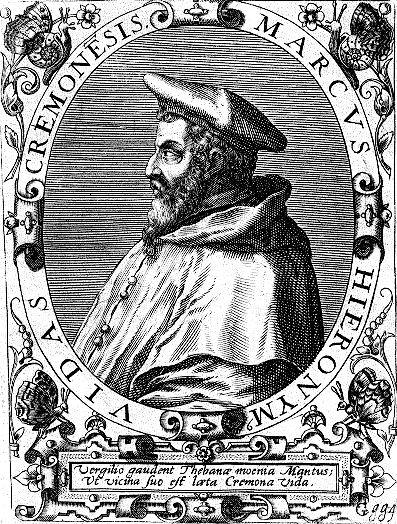“Be sure, from nature never to depart;
To copy nature is the task of art.”
Praeterea haud lateat te nil conarier artem,
Naturam nisi ut assimulet, propiusque sequatur.
Hanc unam vates sibi proposuere magistram:
Quicquid agunt, hujus semper vestigia servant.
Book II, line 455
De Arte Poetica (1527)
Contexto: Be sure, from nature never to depart;
To copy nature is the task of art.
The noblest poets own her sovereign sway,
And ever follow where she leads the way.
